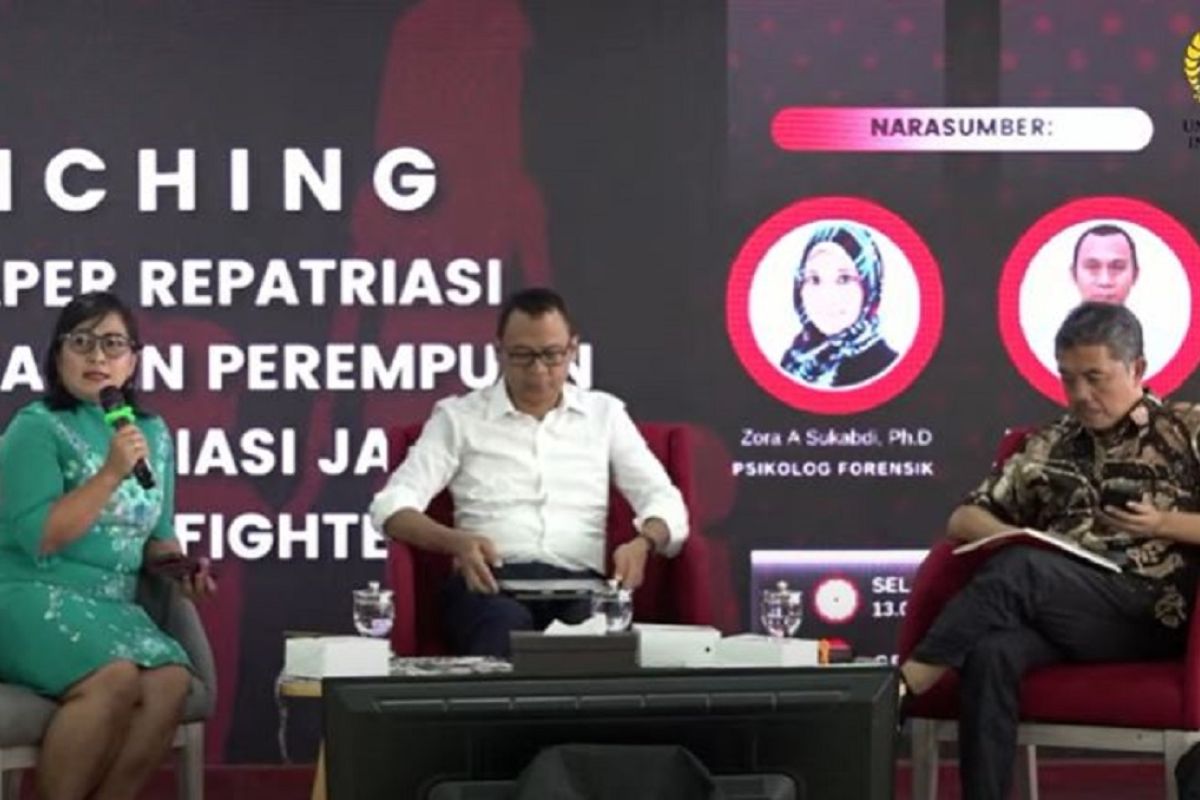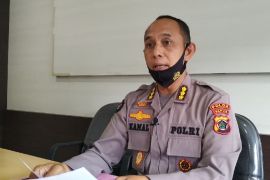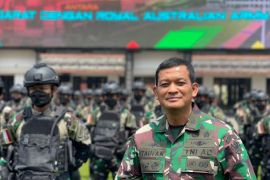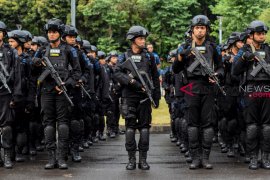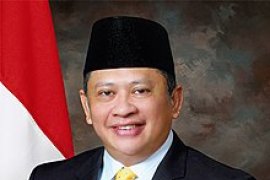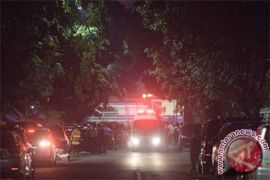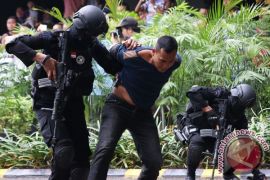"Until now, there have been mixed responses regarding the repatriation of FTF-associated women and children," forensic psychologist Zora A. Sukardi stated in a discussion regarding "Repatriation to Handle FTF-Associated Women and Children" held by the School of Strategic and Global Studies of University of Indonesia (SKSG UI) in Jakarta on Tuesday.
According to data from the National Counter Terrorism Agency (BNPT), there are about 300 Indonesians, 181 women, and 145 children in camps in East Syria.
"The question is, do we want to repatriate them or leave them? The con is that they are considered viruses. What are the effects of returning a person, who has been exposed to a war zone? Domestically, our Pancasila education is not even optimized enough. On the pro side, we cannot let a person become displaced and stateless," she remarked.
In Sukardi’s opinion, the debates are about the status of women and children, whether they are perpetrators or victims. So far, everyone agrees that children have been identified as victims.
However, she said, not everyone agrees that women are considered victims because they have the agency to say no.
So far, Sukardi said, civil organizations for anti-terrorism are optimistic that they have the capacity to accept, accommodate, and empower FTF-associated women and children.
If it is decided to repatriate these women and children, a mechanism to assess risks must be prepared as well as conducting rehabilitation, deradicalization, and preparing shelters, she elaborated.
Head of SKSG UI Terrorism Studies Muhammad Syauqillah said that the vulnerability faced by Indonesian FTFs is the flow of funds from Indonesia to those in Syria.
Syauqillah also stated that until now, a traditional route still existed on the border of Turkey and Syria that allowed FTFs to enter and leave the country. It offers an opportunity for those looking to return to Indonesia, if they have the money.
"What mitigation will the Indonesian Government implement regarding women, children, and adults? If the government cannot decide on it now, at least do an assessment," Syauqillah remarked.
Meanwhile, Head of the FTF BNPT Task Force Didik Novi Rahmanto drew attention to several issues regarding the repatriation of FTF-associated women and children.
From the legal side, they are breaking the law according to Law Number 5 of 2018 on the Eradication of Criminal Acts of Terrorism, as they are associated with terrorism.
"When they are repatriated and legally processed in Indonesia, law enforcement needs strong evidence. From a political aspect, opposing parties argue that their departure overseas is of their own will. Thus, they do not need to be repatriated because there are no reasons for it," Rahmanto remarked.
However, according to the Decree of Coordinating Minister for Political, Legal, and Security Affairs Number 90 of 2023 about the Safety and Countermeasures for Overseas Indonesian Task Force, the FTF Task Force can prepare itself if one day, the government decides to repatriate FTF-associated women and children as a result of international pressure for Indonesia to conduct repatriation.
On the occasion, President Advisory Council member Sri Yunanto stated that further studies are needed to determine the advantages and disadvantages of repatriation.
One of the disadvantages is a sanction from the international community for Indonesia, so it needs to be explained thoroughly for the government’s consideration, he stated.
Related news: Densus 88 focuses on preventive measures, deradicalization: Police
Related news: Indonesia eyes strengthened cooperation in tackling terrorism at AMMTC
Translator: Hendri S, Azis Kurmala
Editor: Rahmad Nasution
Copyright © ANTARA 2023
